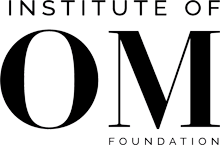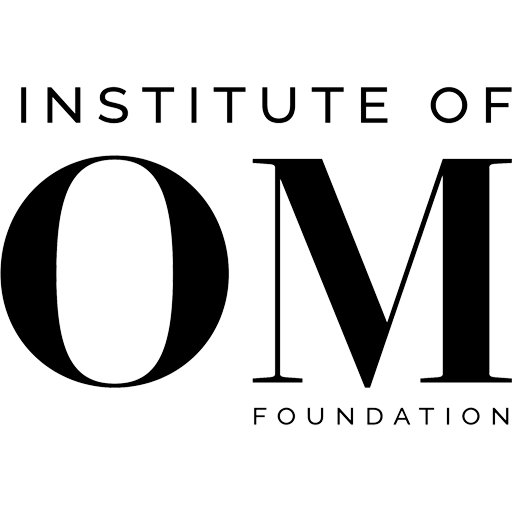
DAN KRIEGMAN PHD
Dr. Dan Kriegman is a clinical psychologist whose work integrates evolutionary biology—the only scientific theory of creation—with human experience, examining how biological imperatives shape behavior and meaning. He has held key clinical roles, including serving as Chief Psychologist at the Massachusetts Treatment Center for Sexually Dangerous Offenders and Clinical Director for a maximum-security adolescent treatment unit in Boston. Dr. Kriegman has evaluated and treated individuals convicted of violent offenses, testified as an expert witness in numerous court cases, and supervised evaluations for individuals facing involuntary commitment. He has taught psychology at institutions such as SUNY Buffalo, Boston University, and Lesley College, and he is a faculty member at the Massachusetts Institute for Psychoanalysis. A founder of the Psychoanalytic Couple and Family Institute of New England, he also served as a creative consultant for the acclaimed Couples Therapy docu-series on Showtime. His published work includes books and peer-reviewed articles, and he has contributed as a reviewer for major psychoanalytic journals. As a blogger for Mad in America, he explores the politics of diagnosis and treatment, advocating for a therapeutic approach that prioritizes negotiation and shared understanding over imposed definitions of meaning and truth.
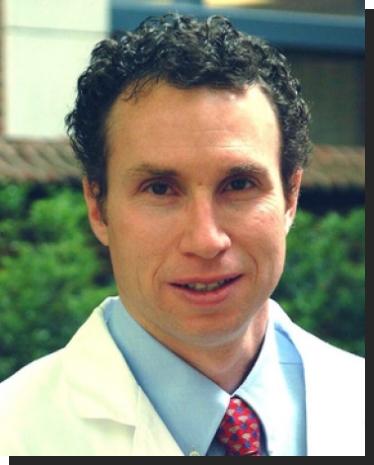
Dr. Andrew Newberg is the director of research at the Marcus Institute of Integrative Health and a physician at Jefferson University Hospital. He is board certified in internal medicine and nuclear medicine. He is a neuroscientist who studies the relationship between brain function and various mental states. He is a pioneer in the neurological study of religious and spiritual experiences, a field known as “neurotheology.” His research includes taking brain scans of people in prayer, meditation, rituals, and trance states, in an attempt to better understand the nature of religious and spiritual practices and attitudes. Andrew has also used neuroimaging research projects to study aging and dementia, Parkinson’s disease, epilepsy, depression, and other neurological and psychiatric disorders.
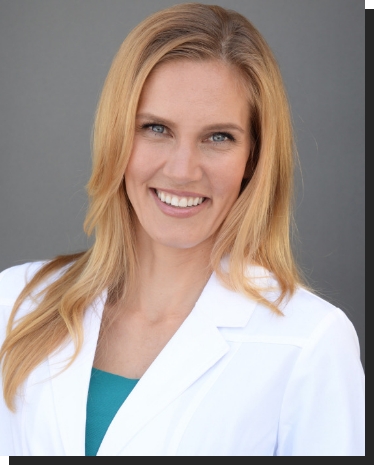
Dr. Prause received her Doctorate in Clinical Science from Indiana University, Bloomington. After an internship in 2007, she started a tenure-track position at Idaho State University, left for a Research Scientist position at Mind Research Network, and ultimately landed at UCLA in the Department of Psychiatry. She has since founded an independent, grant-funded research institute, Liberos, in Los Angeles. The focus of Liberos is to identify the general health benefits of sexual stimulation.
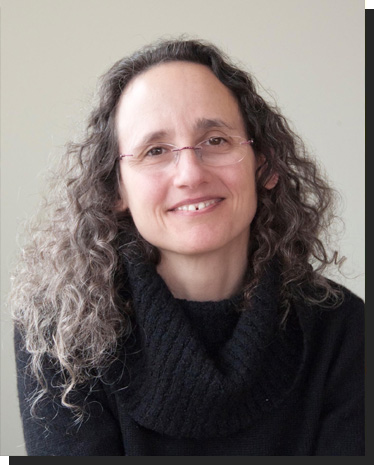
Dr. Siegel has served as editor of leading scientific journals, including Cell and PLOS Biology, founded and directed the Center for Science Communication (CSC) at Vanderbilt University, and led communications and education and outreach initiatives at the Broad Institute of MIT and Harvard. She currently serves as a lecturer of biology at MIT.
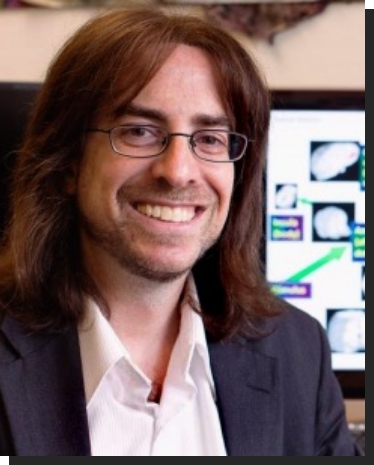
Dr. Siegle directs the Program in Cognitive Affective Neuroscience (PICAN) at the University of Pittsburgh School of Medicine, where he is a Professor of Psychiatry, Psychology, and Translational Sciences. His research examines neural mechanisms of emotional and cognitive information processing in mood and anxiety disorders, how this information can be used to predict response to treatment, and to guide novel treatment development.
